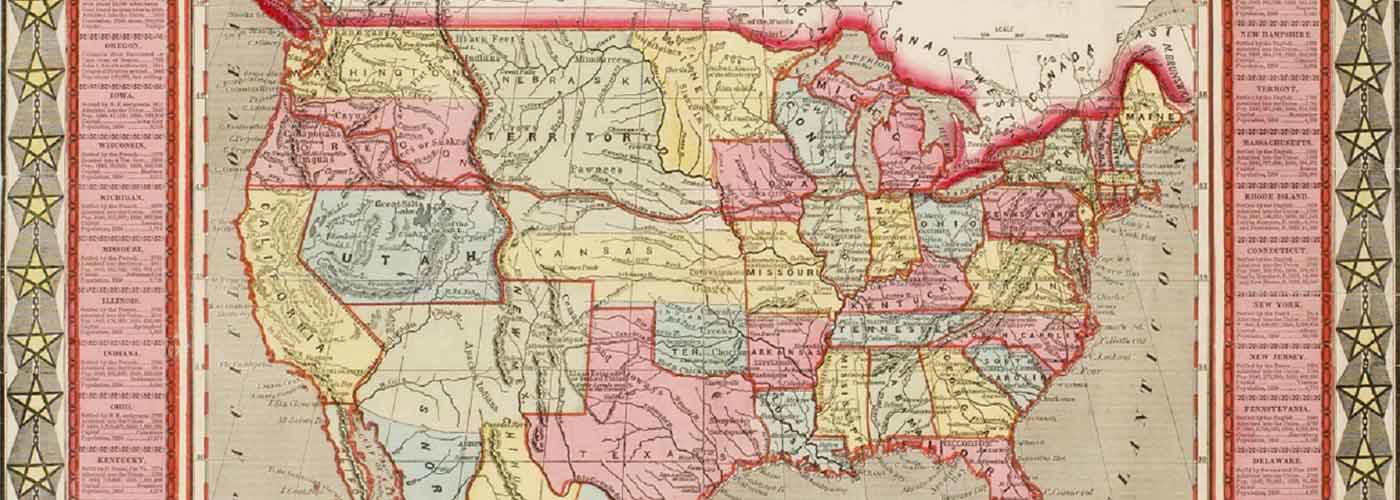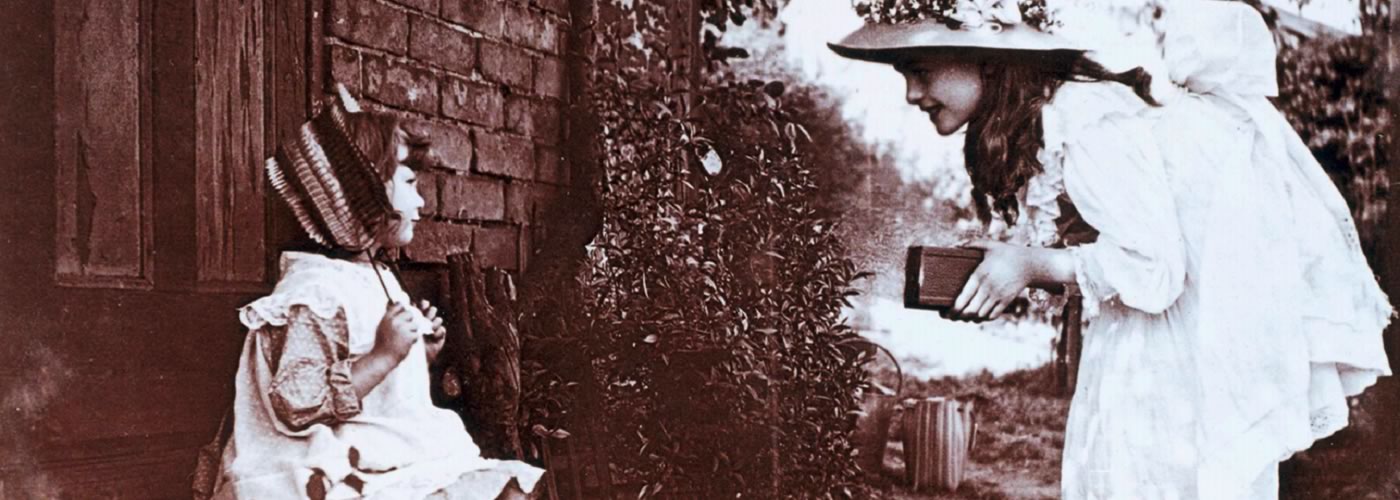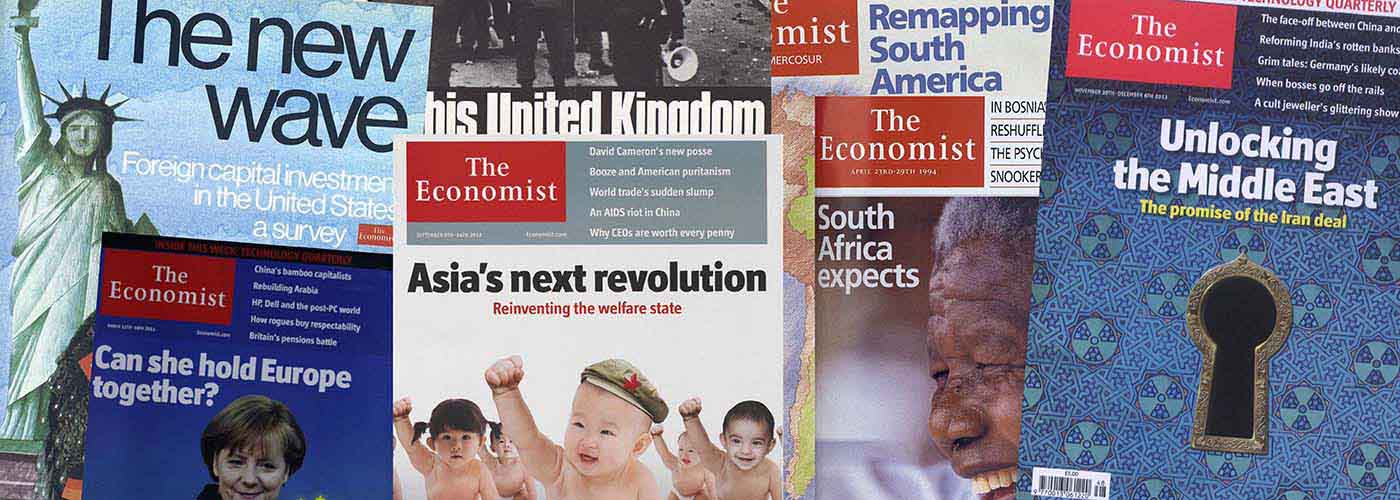History that shaped our world
The Making of the Modern World, Part I: The Goldsmiths'-Kress Collection, 1450-1850 offers new ways of understanding the expansion of world trade, the Industrial Revolution, and the development of modern capitalism, supporting research in variety of disciplines.
This collection follows the development of the modern western world through the lens of trade and wealth -- the driving force behind many of the major historical events during the period (1450-1850). With full-text search capabilities on an abundance of rare books and primary source materials, this resource provides unparalleled access to more than 61,000 books and 466 serials -- more than 12 million pages in all -- many of which are the only known copy of the work in the world.
This unrivaled online library provides an invaluable complement to Gale's Eighteenth Century Collections Online and offers a wider date range and broader international coverage -- with more than 30 percent of the content in non-English languages. It focuses on the study of history, interpreted in the widest sense, including political science, economics, women's studies, legal and religious history, and special collections on transportation, banking, finance, and manufacturing.
Reflecting the scope of academic pursuit throughout this period, The Making of the Modern World is an incomparable and invaluable resource for political and social historians, as well as for researchers in economic theory and history. With content in several languages and from several cultural points of view, this online library is a comprehensive research tool for students. For researchers on a more advanced level, The Making of the Modern World contains valuable first editions as well as many texts in French, German, and other languages.
The Making of the Modern World, Part I is fully cross-searchable with The Making of the Modern World, Part II and covers a wide range of topics including agriculture; colonies; commerce; corn laws, navigation acts, and mercantilism; finance; politics; and population. Users can take advantage of the full-text searching on an abundance of rare books and primary source materials, such as:
- Monographs
- Serials
- Political pamphlets and broadsides
- Government publications
- Proclamations
- A wide range of ephemera
- And more
FEATURED TESTIMONIAL
“. . . [The two rare book libraries] are comprehensive in their coverage; they contain, in some cases, the only known extant copies of certain works, and they include numerous books of fascinating provenance — books from the personal libraries of such personages as Adam Smith, Lord Sheffield, David Ricardo, John Locke, Jeremy Bentham, William Wilberforce, Robert Owen, Sir Robert Peel, William Wordsworth and Karl Marx.”
- Nathan Rosenberg
Look Inside
Additional Details
subjects covered
- Black Studies
- African Studies
- African-American Studies
- Humanities & Social Sciences
- Latina / Latin America / Caribbean Studies
- U.S. History
- American Indian / Native American Studies
Platform Features & Tools
Term Frequency
Researchers can see the frequency of search terms within sets of content to begin identifying central themes and assessing how individuals, places, events, and ideas interact and develop over time.
Topic Finder
By grouping commonly occurring themes, this tool reveals hidden connections within search terms—helping to shape research by integrating diverse content with relevant information.
Cross-Search Capability
Search across the content of complementary primary source products, including books, in one united, intuitive environment, enabling innovative new research connections.
Reviews & Testimonials
“The title The Making of the Modern World (MOMW) stakes a bold claim, as well it should. MOMW will have a broad appeal to a diverse scholarly audience. Summing it up: Highly recommended. Upper-level undergraduates through researchers/faculty.”
“Taken together, MOMW I and MOMW II represent very significant and extensive collections combining standard works in multiple editions and unique primary source materials. The interface is straightforward and easy to use, although it could benefit from having a greater variety of browse functions . . . Another benefit to the MOMW collections will be cross-collection searchability with other Gale collections, including ECCO and especially NCCO, since the publisher will be loading these collections on the ARTEMIS platform.”
One of the great miracles of the internet is that scholars can do full text searches of thousands, actually in this case, of a million pages of key sources. With this latest installment of the University of London’s Goldsmith-Kress collection on economic history, scholars will have easy access to important works from the Gilded Age, when the British empire was so dominant. While the focus of the books in this collection is on economics and trade, these sources are critical for social and intellectual history. Now that Gale has made so much available, from the Making of Modern Law, to the Sabin Americana, and the Nineteenth Century US Newspapers, to the grand and enormous Making of the Modern World, scholars can focus their energies on the critical task of interpreting rather than gather information. Gale’s databases are absolutely foundational to the expansion of knowledge about history, law, and economics from the birth of printing to the twentieth century.


![Source: A Frightful example. [London?], [1847?].](/binaries/content/gallery/gale-us-en/look-inside-images/primary-sources/the-making-of-the-modern-world/gps_momw_p1_academic_lookinside1.jpg)
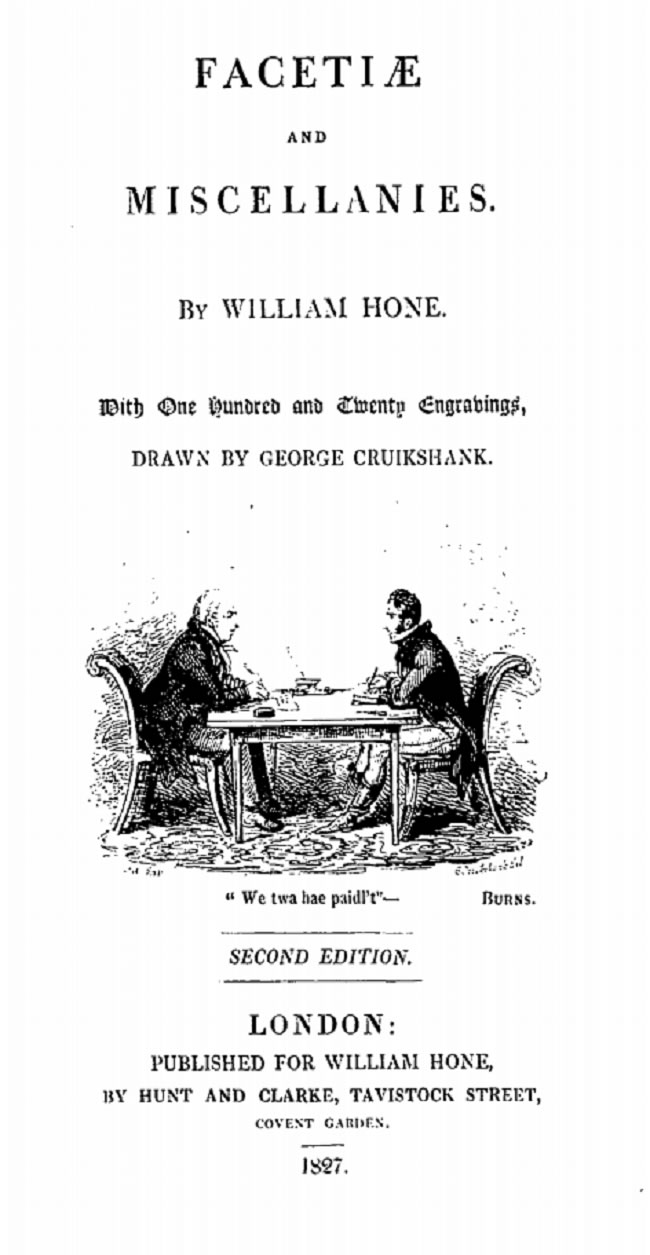
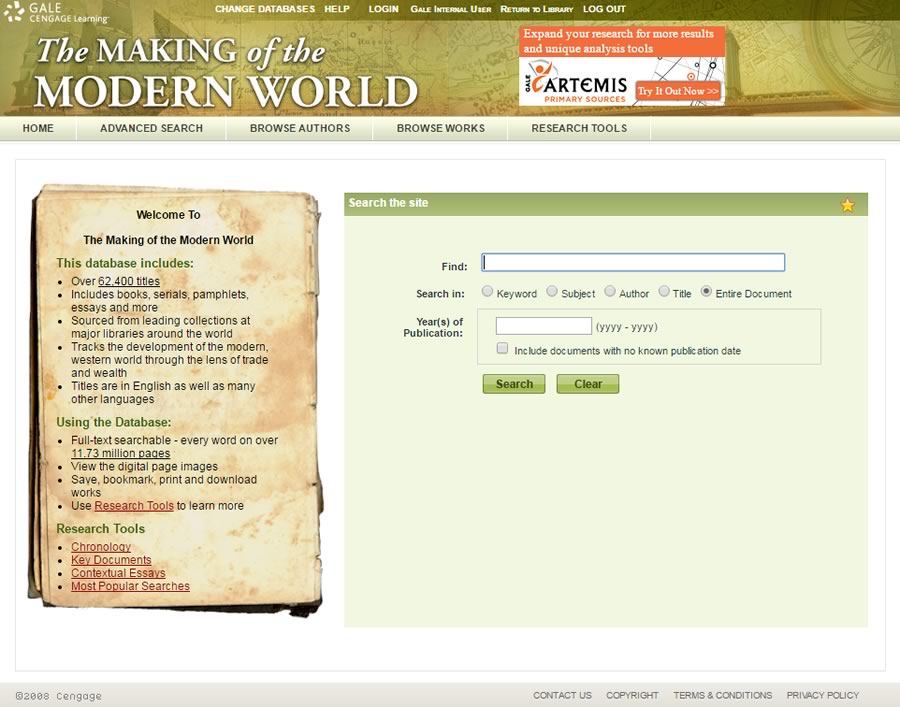
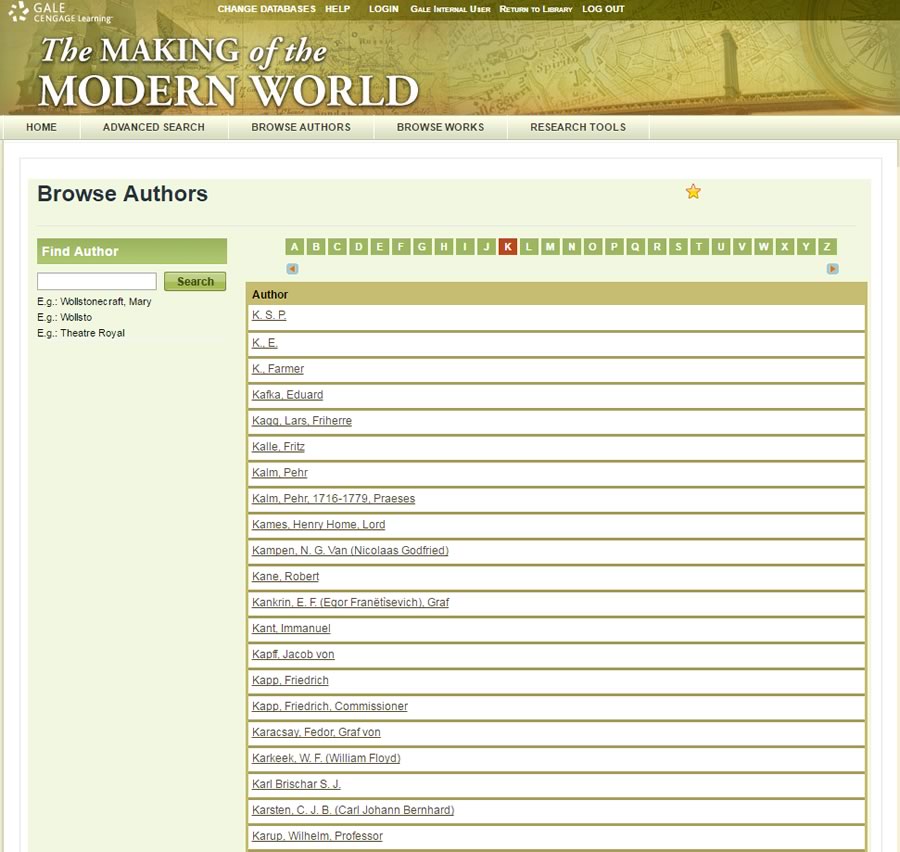
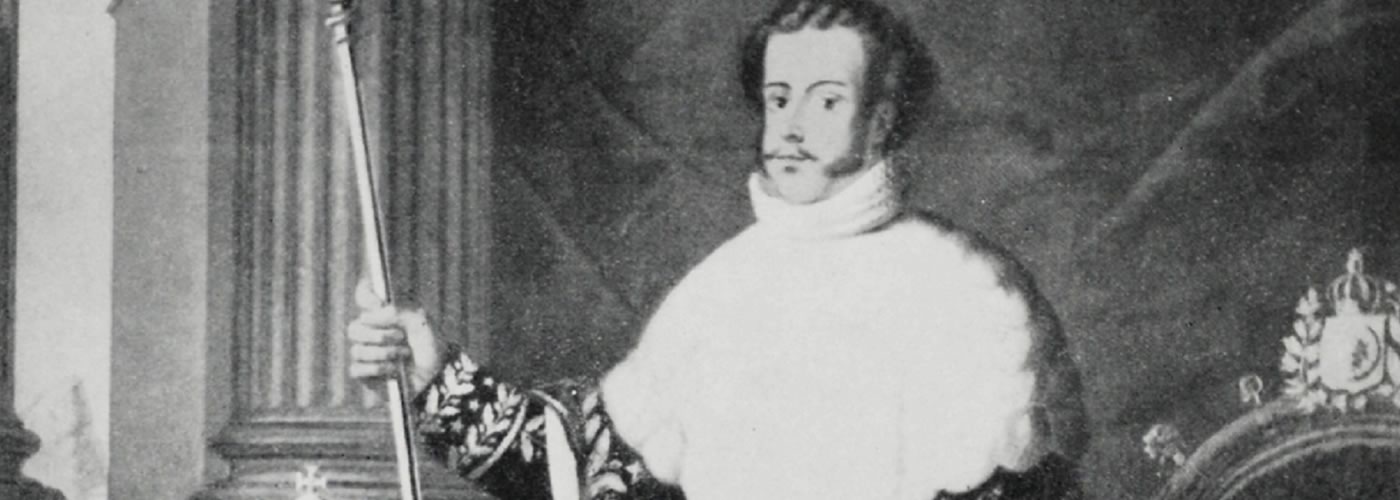
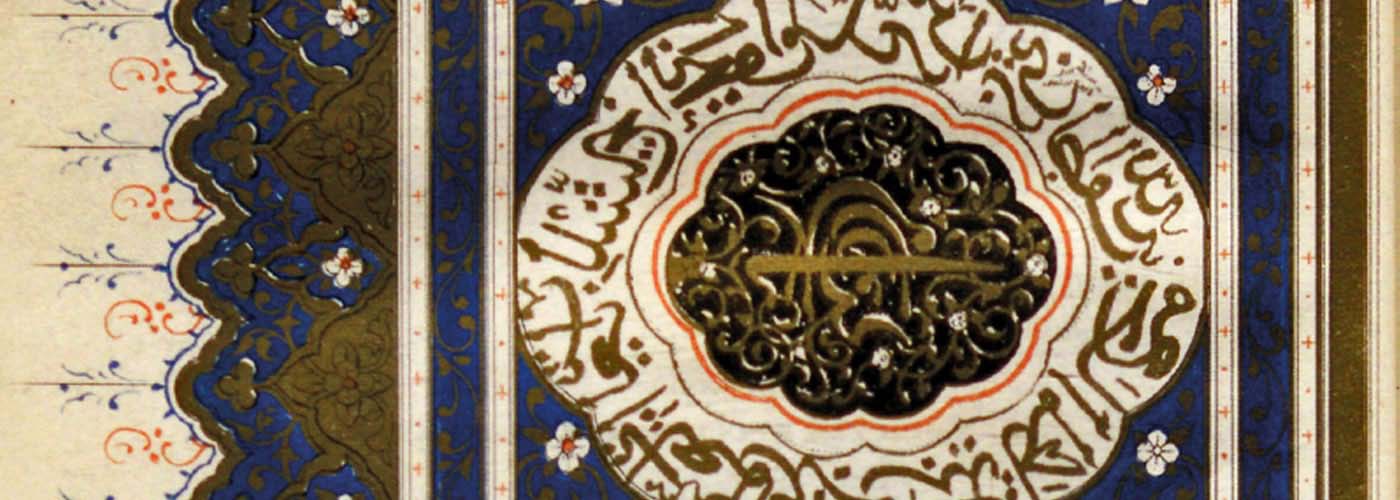
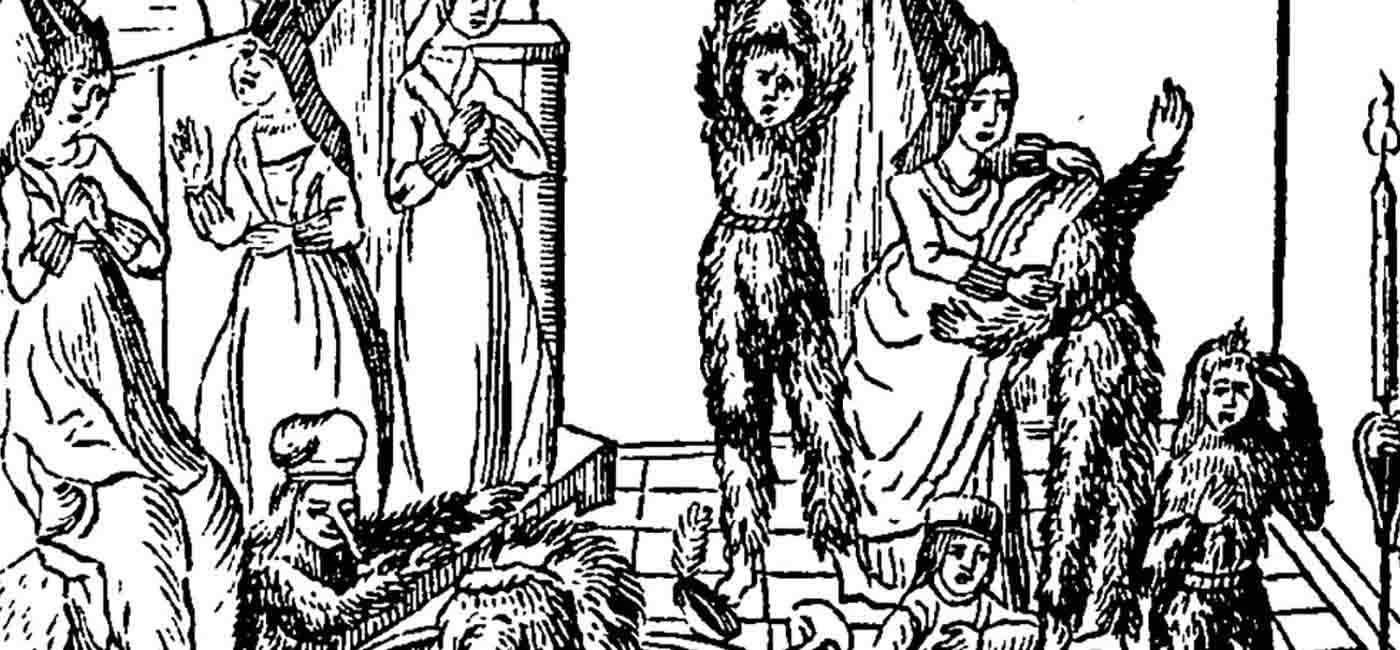
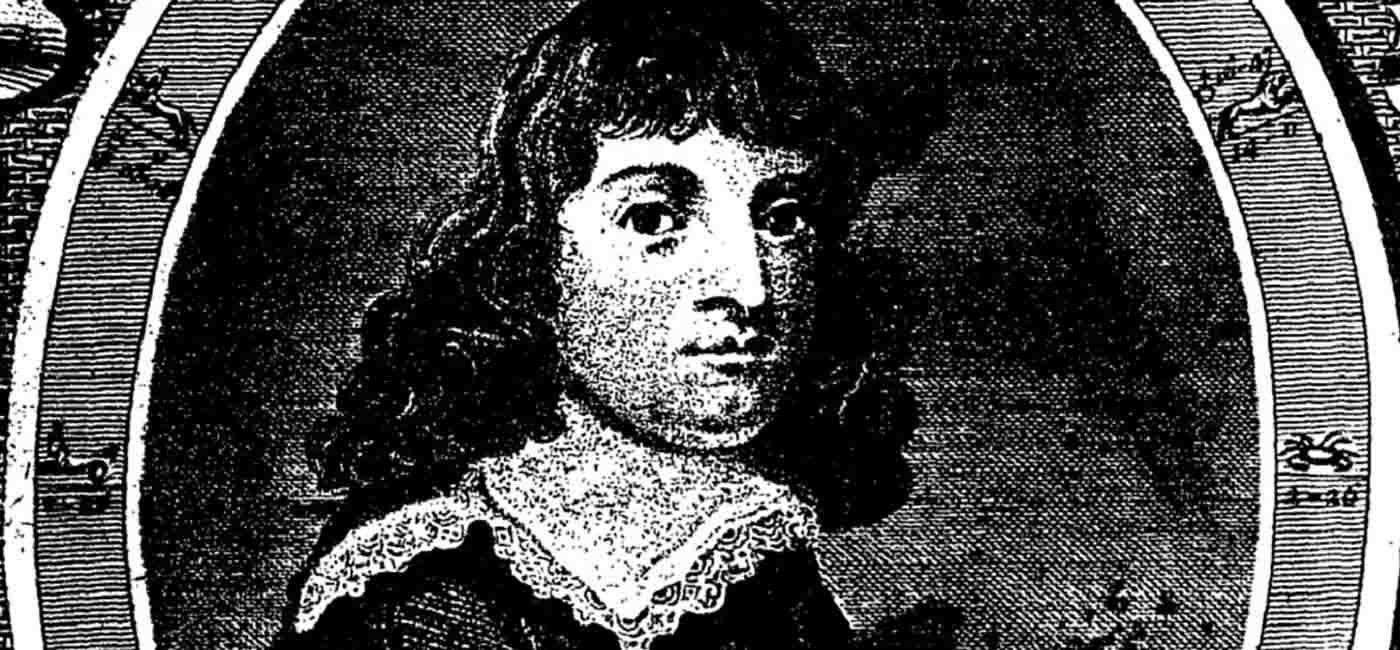
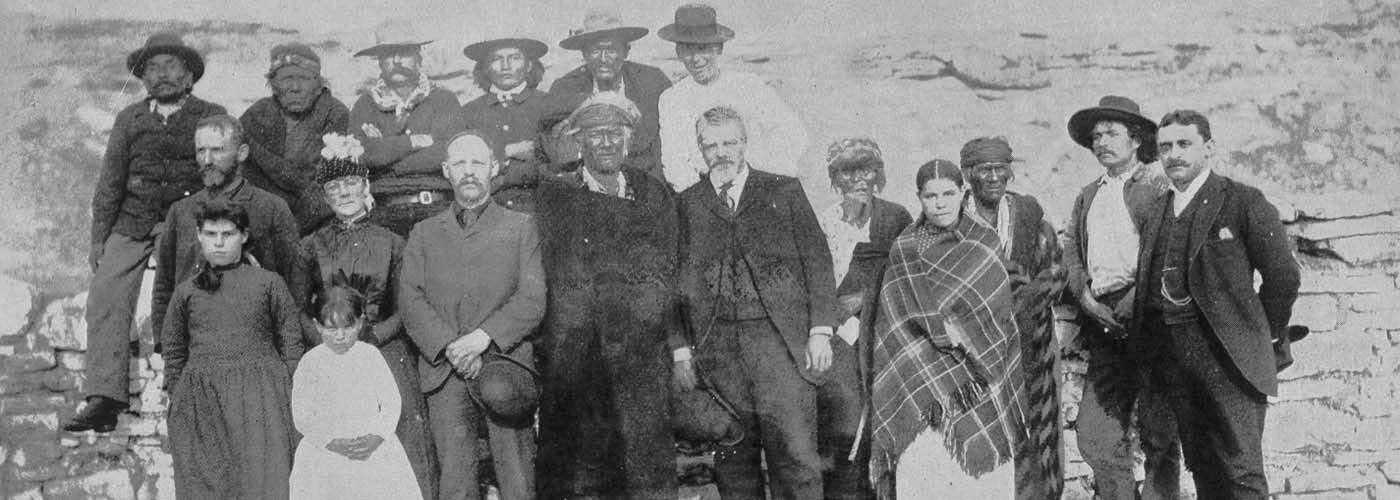
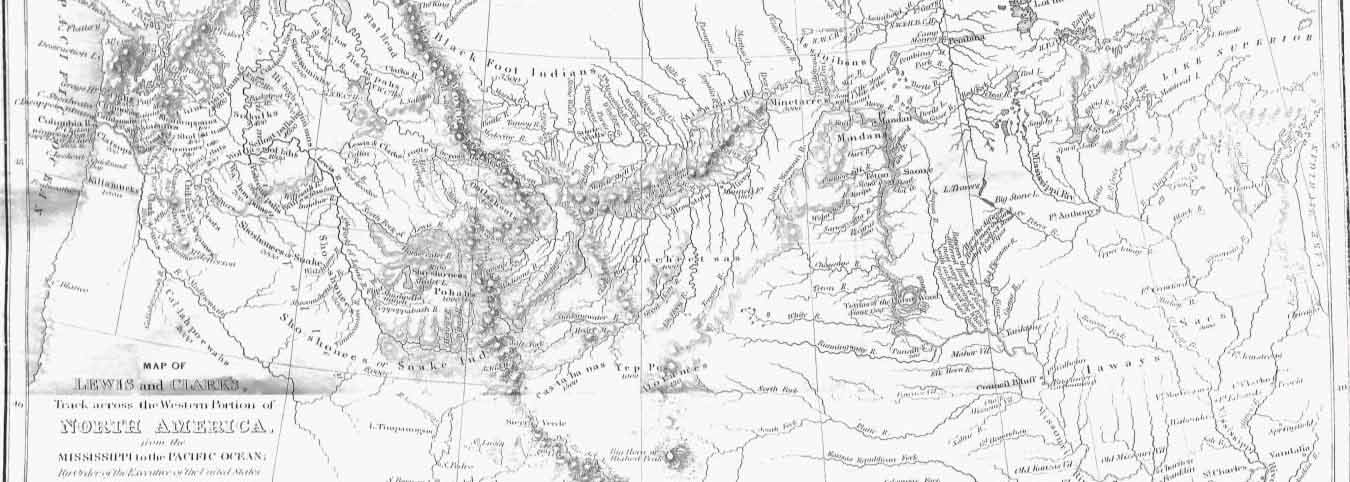
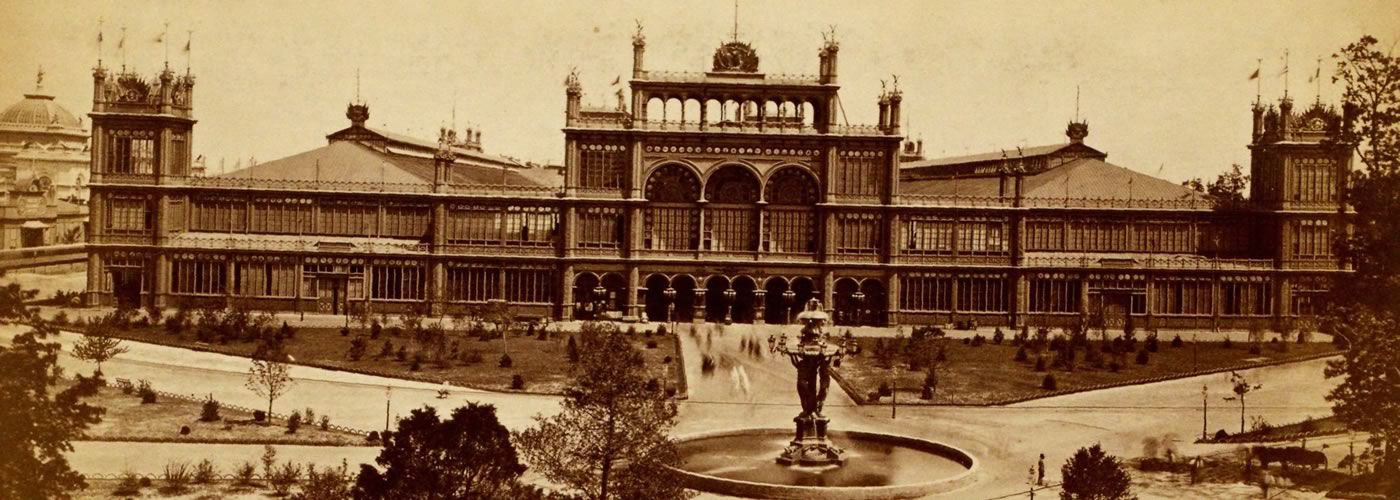
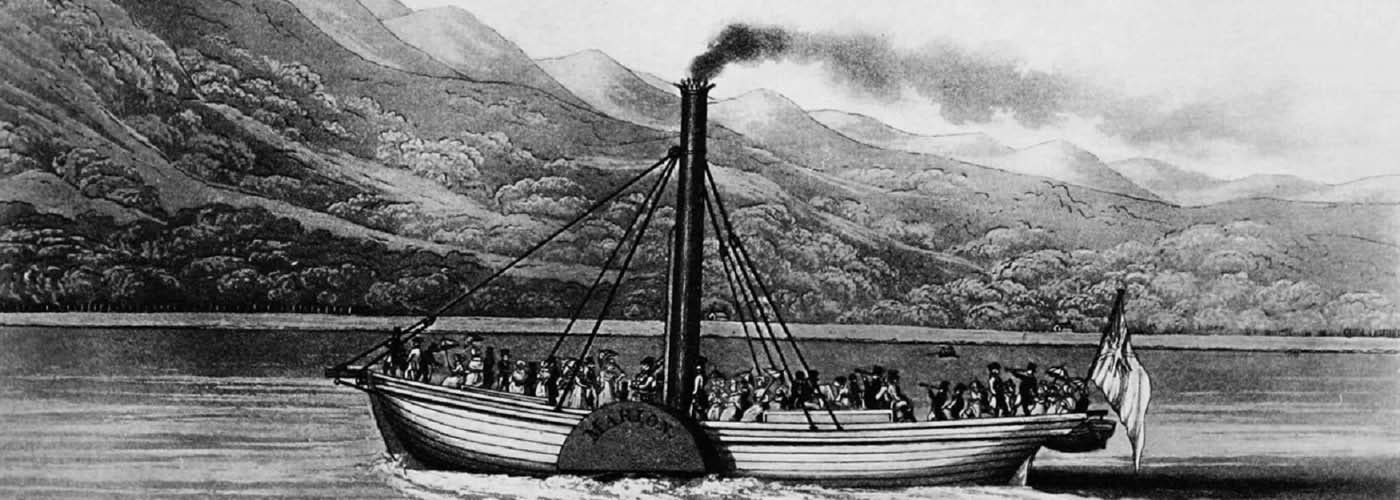
![Carroll, Lewis, and Mabel Lucie Attwell. Alice in Wonderland: by Lewis Carroll; Pictured by Mabel Lucie Attwell. London; Paris; Berlin; New York; Montreal: Raphael Tuck & Sons, Ltd., [1910?].](/binaries/content/gallery/gale-us-en/banners/primary-sources/nineteenth-century-collections-online/gps_ncco_childrens_literature_academic_banner.jpg)
